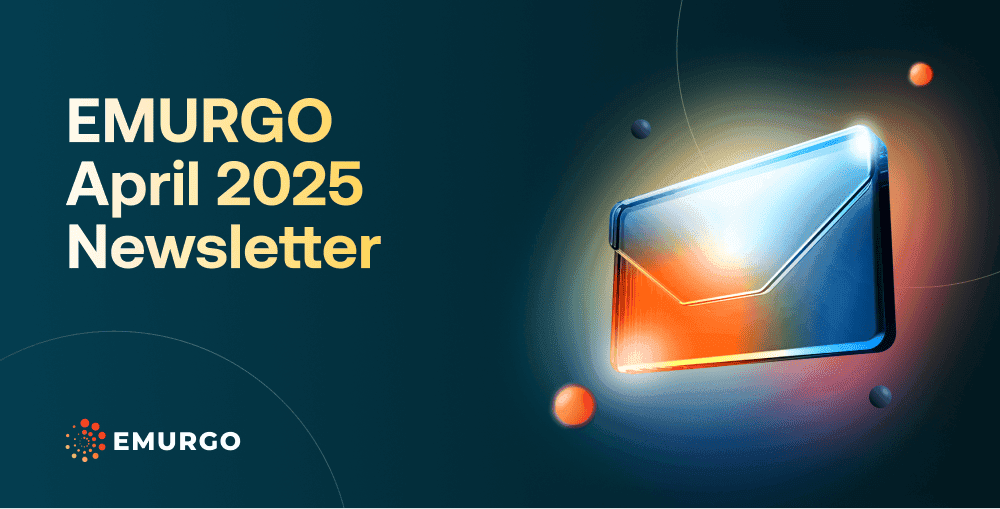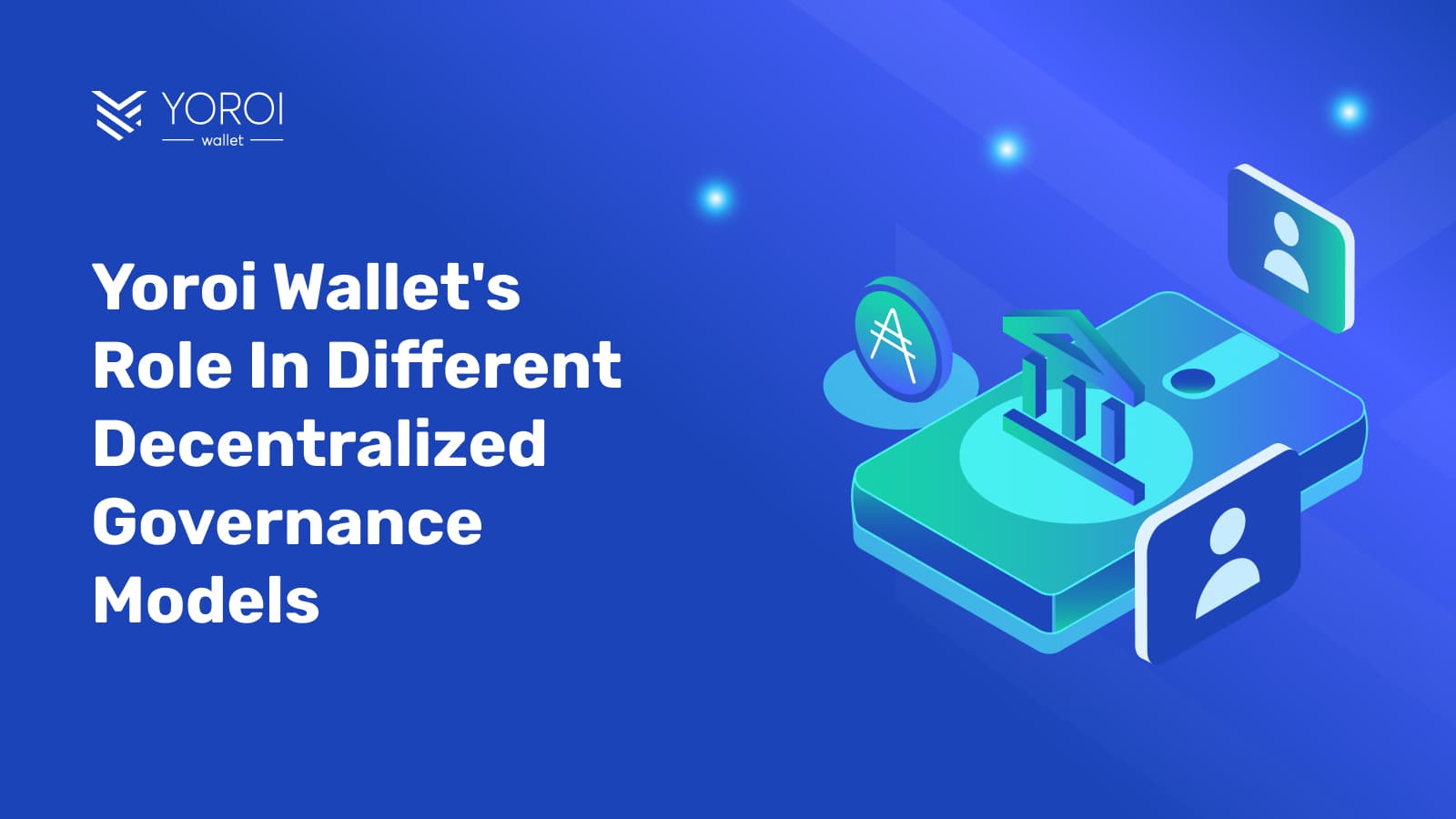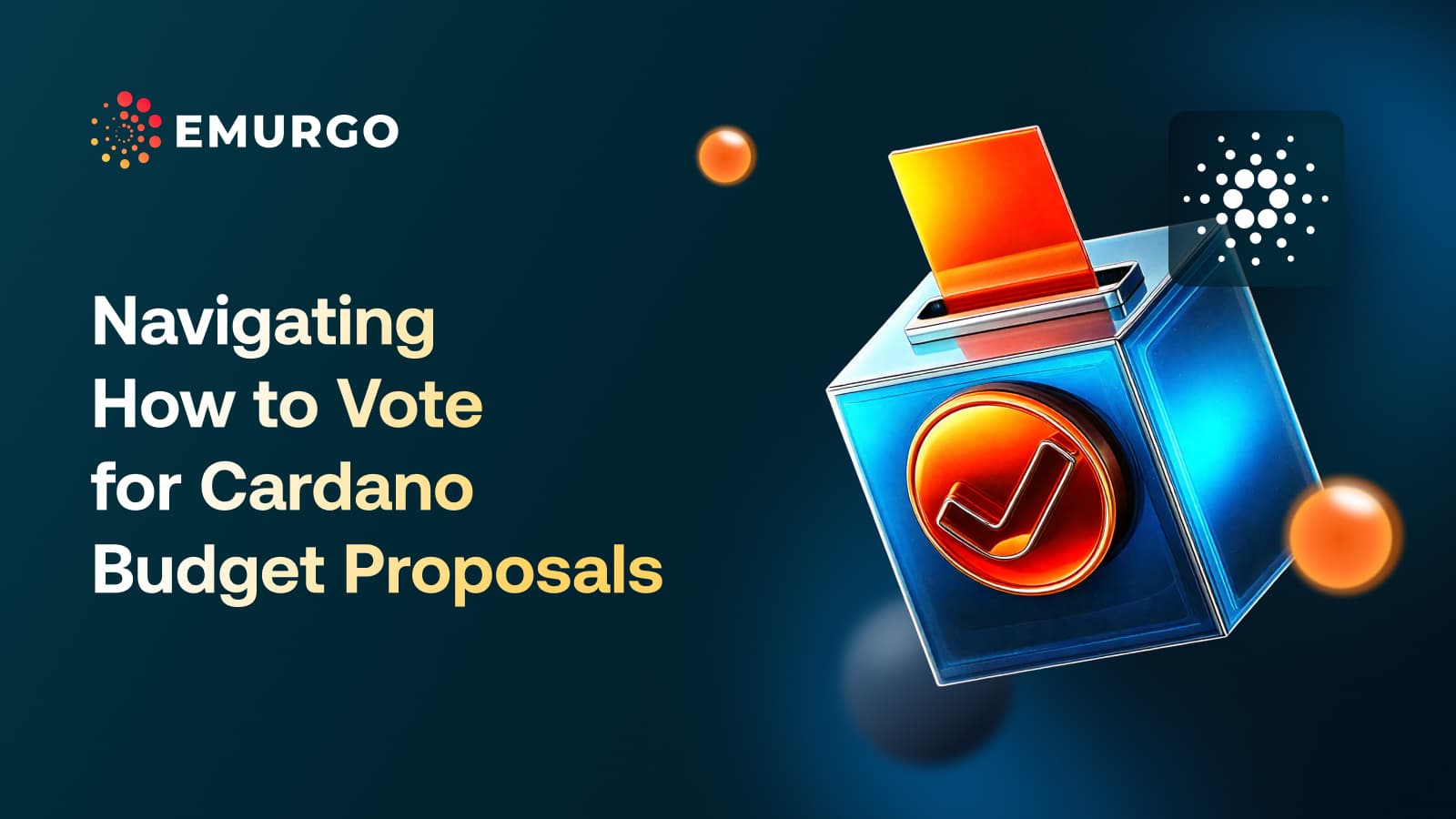Real-world asset (RWA) tokenization has become one of the biggest narratives in Web3 and blockchain due to its tremendous potential to transform traditional businesses and create a new asset class.
By leveraging the power of decentralized blockchain technology, tokenization opens up numerous possibilities for real-time asset transactions on a global scale, free from the constrictions of geographical location, time, and other outdated and inefficient business processes. To achieve this, real-world assets are digitally represented as an NFT or token issued and recorded on a decentralized blockchain. Once issued or minted, these tokens can be globally transacted between buyers and sellers.
To accommodate this significant technological and financial transformation, several decentralized blockchain networks are up and running but with their own limitations.
However, the Cardano blockchain network has several key strengths and properties that can seamlessly merge real-world assets with blockchain technology for a new generation of businesses and individual users, providing users with a competitive advantage.
Let’s outline some of Cardano’s key benefits below.
Reasons to Tokenize Real-World Assets (RWAs) on Cardano

1. Enhanced security
Security is paramount when dealing with user information, assets, and financial transactions.
To date, several billions have been stolen in various hacks and exploits in dApps built on other popular decentralized blockchain networks.
This problem mainly stems from the inherent account-based model of most of these networks. In it, every digital token created requires a new smart contract to be launched. This means the smart contract code could potentially contain errors, or the developers could intentionally introduce malicious bugs to the detriment of users. Fundamentally, some view this as one of the biggest drawbacks of an account-based blockchain model and is one of the reasons that has led to security breaches.
However, In Cardano, digital tokens are considered native to the network and thereby do not require a new smart contract for every new token issued. There is no need to create a smart contract to tokenize a new asset. The result is a more simplified pipeline for the issuance of tokens and a more secure model.
Furthermore, the Cardano blockchain network has not experienced a security breach or hack in its network history spanning several years.
2. Deterministic fees and transactions
Another issue with other decentralized blockchain networks is that user transactions are not deterministic. This means that it’s fundamentally impossible to know if a transaction will succeed or fail before it’s initiated.
Additionally, it’s also impossible to calculate what the fee for the transaction will be before it’s completed. The cost remains an unknown variable for all parties involved, so there is no way to calculate its profitability when margins are small which is especially important for businesses looking for some measure of cost predictability.
Related reading:
- How big can asset tokenization become?
- A basic explainer of asset tokenization and its unique benefits
- Asset tokenization use cases
In Cardano, fees and transactions are deterministic. Once submitted to the network, a transaction is 100% guaranteed to be successful. Also, the transaction fee is confirmed to the user before an initiated transaction and will not change.
Under this model, transactions can be a predictable variable for any business, project, or user. Real-world assets can be tokenized on Cardano with deterministic fees and transactions, and then securely traded with a network guarantee that conditions won’t change in the future. This makes things simpler for businesses and developers to plan when considering asset tokenization.
3. Less congested network
As noted, another powerful advantage of Cardano is the fixed fees. In the smart contract or account-based model, the transaction fees can vary because computations have to be performed each time the token is used. The costs remain an elusive variable that can not be predicted, making it more difficult for businesses to predict the costs of tokenization. During busy periods with a congested blockchain network, users have to pay a higher fee to compensate for a faster transaction.
In Cardano, the deterministic model and not having to have a smart contract for digital tokens makes it easier to predict costs. The fees shown in the wallet are always the same as those paid by the user and network congestion is significantly reduced.
Transactions can be settled faster with less friction and deterministic fees that are significantly less than those of other networks without compromising on security.
4. Bulk transactions for a single fee
In the account model, transactions have to be processed one by one to maintain a global order. Each input results in one output, and the blockchain network maintains itself over time using this logic. There is no way to group transactions that do not involve a smart contract, which can introduce more security vulnerabilities.
In Cardano, transactions can be batched and sent to several user wallets while paying a single fee. For example, businesses looking to tokenize certain assets and use them as a marketing campaign to distribute to certain consumer wallets can save costs considerably by using this approach without having to pay multiple transaction fees.
One transaction can have several outputs that serve dozens or even hundreds of users simultaneously at the cost of a single transaction.
5. On-chain metadata
Another significant strength of the Cardano network is expanded token metadata storage and how it is recorded. Token metadata is the essential information about the tokenized asset contained within an issued digital token. This enhances transparency for both buyers and sellers of a token.
In most blockchain networks, the metadata or a token is stored in an external system. This could be a cloud solution or a decentralized storage network. Users have to trust that the information recorded is accurate and won’t be erased in the future.
However, Cardano records the token metadata in the network itself. As a result, it can be considered to be more reliable and safe as no one can arbitrarily decide to erase it or change it. The information is also linked to the token forever, making it easy to track. Cardano also provides the ability to store more data within the token compared to some other networks.
This is a crucial necessity for RWAs and businesses because these assets need their external information linked to the token and confer trust to their consumers and other buyers.
What is Cardano?
Cardano is an open-source, decentralized blockchain network and platform that enables anyone to build decentralized applications (dApps) that can offer a variety of accessible economic services. As the first blockchain to be founded on peer-reviewed research and development through scientific, evidence-based methods, Cardano has processed more than 100 million transactions and nearly 2,000 dApps are being built on the network as of November 2024.
Read more: Why building on Cardano is more secure
The unique value of a decentralized blockchain network lies in its ability to operate without a centralized authority, secured and managed by its users that utilize the network’s consensus algorithm. This creates a decentralized network that can provide verified and transparent trust between its users and can be the basis for creating and sustaining its dApps.
Contact EMURGO to get started with asset tokenization
Contact us here to learn more.
Are you a business or project interested in NFTs and asset tokenization using the Cardano blockchain? Want to discuss further how we can help you meet your business goals?
EMURGO, a founding entity of the Cardano blockchain, offers an asset tokenization platform that provides the technology and removes the entry barrier for businesses and projects to tokenize a range of real-world assets.
Contact us here to get started with tokenization.
Also, follow EMURGO on X and LinkedIn for more information on the use cases for tokenization.
About EMURGO
- Official Homepage: emurgo.io
- X (Global): @EMURGO_io
- YouTube: EMURGO channel
- LinkedIn: @EMURGO_io
Disclaimer
You should not construe any such information or other material as legal, tax, investment, financial, or other advice. Nothing contained herein shall constitute a solicitation, recommendation, endorsement, or offer by EMURGO to invest.



